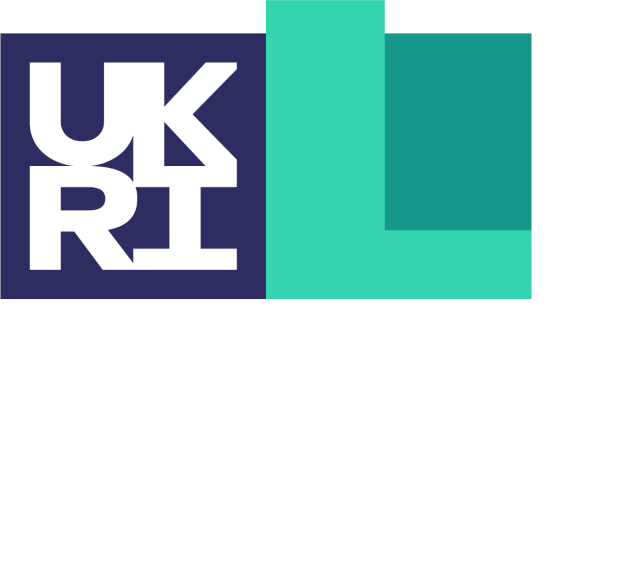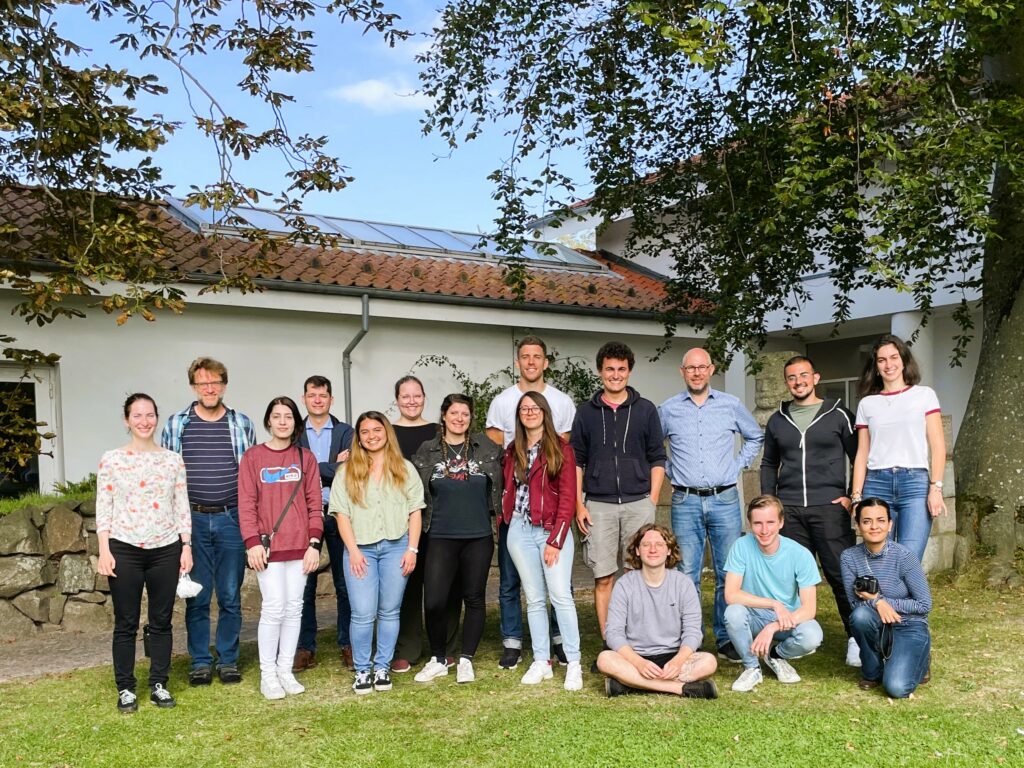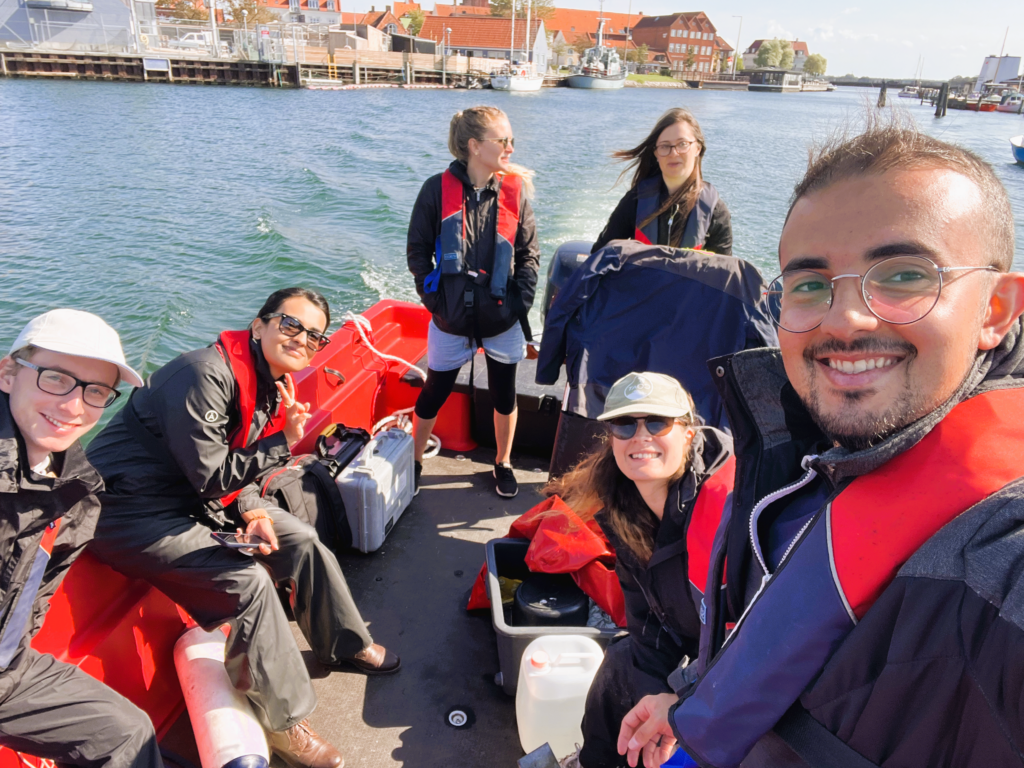
Written by Natalie Lundquist• September 18, 2023• 10:08 am• Recruitment
Recruitment Completed
With the recruitment phase completed, the individual research projects can finally begin.
(Visited 193 times, 1 visits today)
Last modified: October 23, 2023
Get in touch
Contact us on WildDrone@sdu.dk



WildDrone is an MSCA Doctoral Network funded by the European Union’s Horizon Europe research and innovation funding programme under the Marie Skłodowska-Curie grant agreement no. 101071224. Views and opinions expressed are those of the author(s) only and do not necessarily reflect those of the European Union or the European Commission. Neither the EU nor the EC can be held responsible for them.
© 2022-2026 WildDrone - A Marie Sklodowska Curie Actions Doctoral Network.



